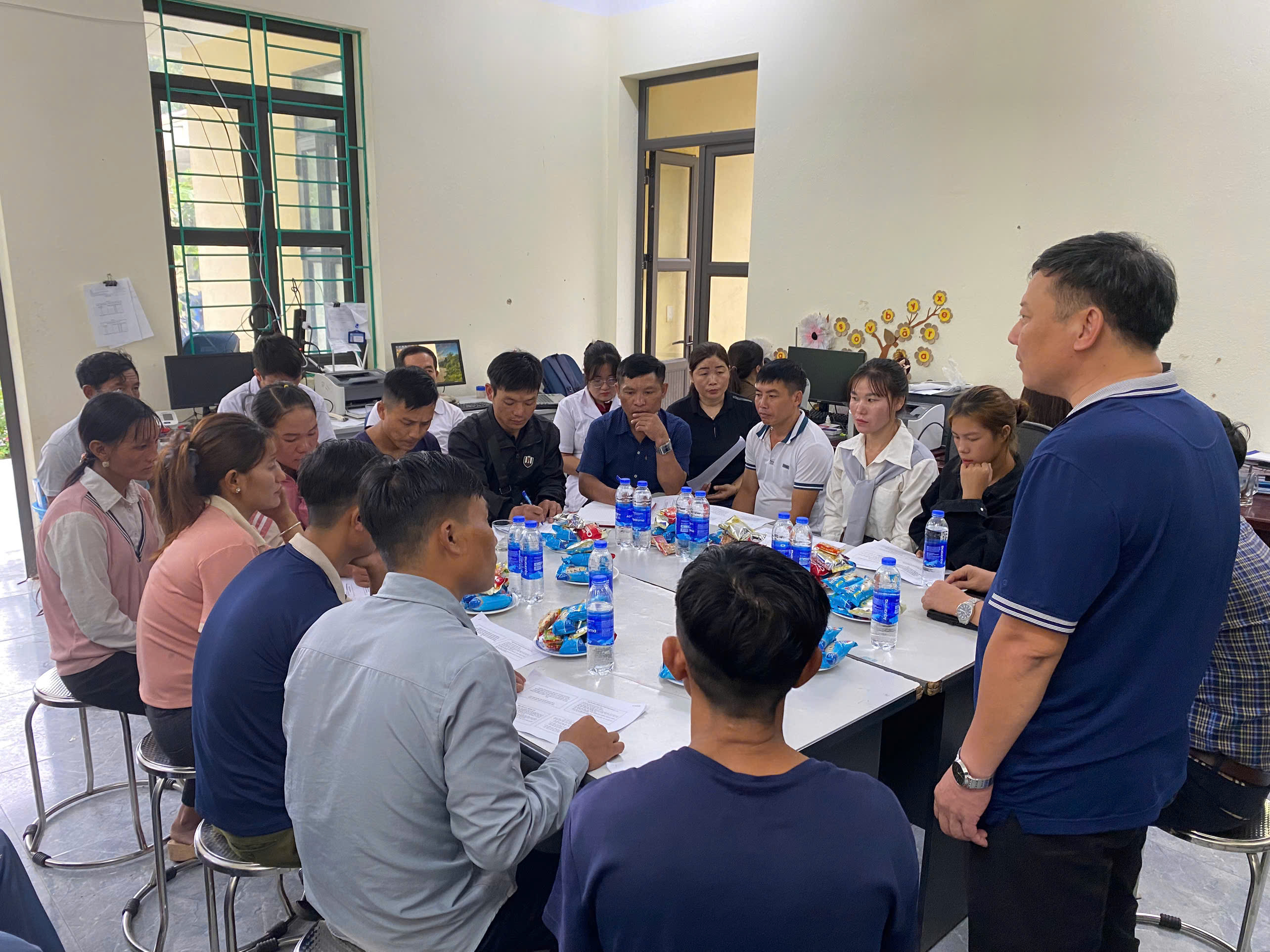
Enoch Waipeli leads the malaria control programme in Papua New Guinea's, West Sepik Province. For the past six years, Enoch has trained local health volunteers, supervised malaria treatment facilities, and compiled data on the effectiveness of elimination strategies.
"Community engagement is central to our work."
-- Enoch Waipeli, Malaria Supervisor for Rotarians Against Malaria, Papua New Guinea

Papua New Guinea had 750,254 reported malaria cases in 2020—the highest number of any country in the Asia Pacific. Mosquitoes thrive in the country’s hot and humid climate which enables the spread of malaria, impacting the lives of the country’s most at risk individuals, children, pregnant women, and the elderly.
West Sepik Province is located in the Northwest corner of Papua New Guinea. The Province also borders Papua, Indonesia.

As a malaria supervisor, Enoch works with Rotarians Against Malaria bringing malaria services from the National Malaria Control programme to remote local communities across the province. This requires traveling to West Sepik's thirty-eight malaria treatment facilities and communicating with local communities, both of which pose many challenges.
Going the Extra Mile for Malaria Elimination in West Sepik, Papua New Guinea
Travel is rarely easy in Papua New Guinea. Roads are hard and conditions are poor. Despite that, Enoch aims to visit each of the thirty-eight malaria treatment facilities at least twice a year. Yet, only 18 facilities are reachable by car. “These visits can be further delayed by bad road conditions and unpredictable weather affecting delivery of treatments and services," Enoch explained.
Road conditions to reach a malaria facility in West Sepik Province, Papua New Guinea. Credit: Rotarians Against Malaria

To visit the other 20 facilities, Enoch often needs to make multi-day journeys by bus, boat, and even propeller plane through risky areas. Recounting the challenges, Enoch shared it once took him a grueling three days to reach a facility via car, dingy, and finally 10 kilometers by foot. He even had to camp out overnight as there was no place to stay along the way. To this day, Enoch has not been able to visit some of the facilities in person, either due to extreme difficulties in reaching the facility or dangerous tensions between ethnic groups in the area.
"Unfortunately, we have never visited some of the facilities due to difficult terrain and ethnic differences.”
-- Enoch Waipeli

Engaging with Communities to Prevent and Treat Malaria
Another challenge Enoch faces is achieving effective communication on the risks and treatment of malaria with such diverse and remote communities, especially those that speak different languages or struggle with low levels of literacy. Of the country's eight million people, more than a third (37%) are illiterate with the majority living in rural areas.
To tackle this problem, Enoch helmed the innovative Home-Based Management of Malaria (HMM) programme in West Sepik which trains local community volunteers fluent in the local language to, ensure communities understand the dangers of malaria, the importance of prevention and testing quickly as the first line of treatment for locals. These community health volunteers also live in the communities where Enoch is not able to visit regularly.
"There are currently 450 volunteers in the [HMM] programme, and refresher trainings are underway. We want to continue maintaining the routine service for testing and advocacy.”
-- Enoch Waipeli

Malaria Elimination: It's Personal
Enoch understands the gravity of the disease he is combating as he himself has suffered from malaria. He caught malaria for the first time while on a work visit, and relapsed two weeks later, at a time when there was a shortage of primaquine, a key medication to treat mixed malaria infections. Although he was given enough medications for his initial symptoms to subside, he ran out before the regimen was completed.
With a soaring fever and physical pain, unable to work, Enoch's livelihood and that of his family's was affected. Fortunately for Enoch he recovered after sourcing and buying primaquine himself through a private pharmacy in the city. Countless others are not as fortunate in Papua New Guinea.
This experience has driven Enoch's mission to ensure people in remote communities have access to malaria services, even more. He hopes to bring treatment facilities closer to those in need while catering to local needs and strengthening the supply of resources.
“Alongside good strategies and planning, we need funding and good technical advice and support to close the gaps at the facility and community level.”
-- Enoch Waipeli

While he says a lot more needs to be done, Enoch is motivated to bring strong vector control to local communities and find innovative ways to continue to educate remote communities on malaria prevention.
“We need all these factors to work together to achieve the elimination of malaria in Papua New Guinea.”Enoch Waipeli, Malaria Supervisor for Rotarians Against Malaria, Papua New Guinea
.svg)









